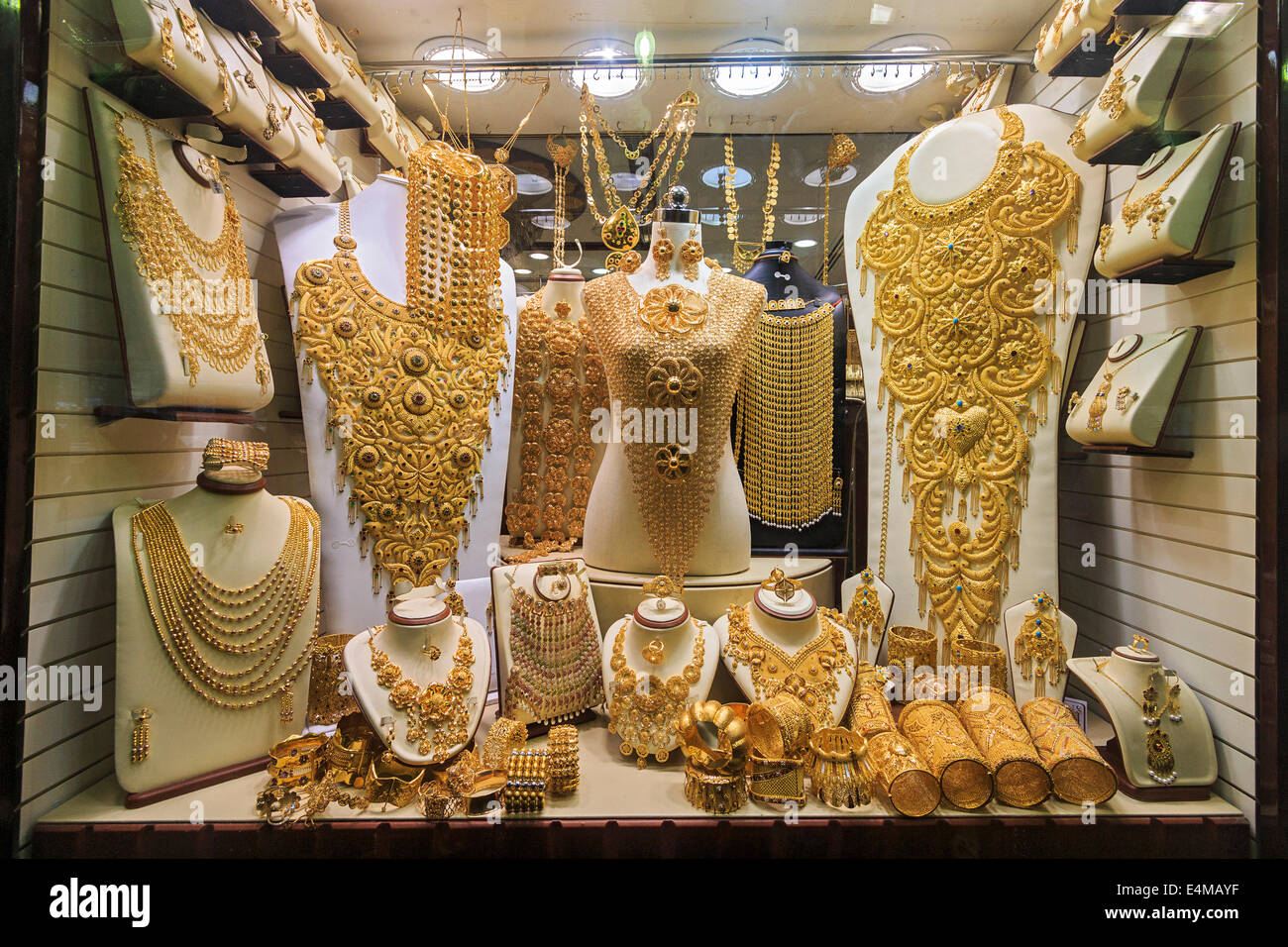The Impact of Gold Extraction on Societal Well-Being and Sustainability Sustainability
Wiki Article
Gold extraction has been a significant financial activity in many regions around the world. It offers jobs and revenue for local communities, which can lead to enhanced living standards. However, the benefits of gold extraction are often paired by serious issues. These challenges impact local well-being and pose threats to ecological sustainability. Understanding these effects is essential for creating a balance between financial growth and environmental protection.

One of the key effects of gold operations on community well-being is employment creation. Many individuals in extraction areas find work in facilities, which can notably raise their earnings levels. This increased wage allows families to afford better nutrition, healthcare, and schooling for their children. As a consequence, neighborhoods can experience improved living conditions. However, the jobs created by gold extraction may not always be stable or reliable, leading to economic uncertainty for workers when sites close or reduce activities.
Despite the favorable financial factors, gold extraction can have detrimental impacts on the ecosystem. The extraction procedure often demands large amounts of water and can result in the contamination of local waterways with toxic substances used in refining gold. This pollution can damage aquatic life and make supplies unsafe for drinking and agricultural use. Additionally, land clearing occurs when land is cleared for extraction projects, which can disrupt local habitats and result in habitat loss for animal species. These ecological issues can ultimately undermine the well-being and well-being of populations that depend on natural resources for their sustenance.
Another issue related to precious metal extraction is community tension. As operators increase activities, disagreements may occur between them and local communities over territorial claims and resource rights. These conflicts can lead to tensions and divisions within communities, harming social cohesion. Moreover, some mining practices may displace experienced appraisers for valuables households from their residences without adequate reimbursement, leading to further hardship and uncertainty. Resolving these community challenges is essential to ensure that communities benefit from the resources taken from their territory.
In promoting both community welfare and ecological sustainability, it is vital for authorities and industry operators to implement ethical measures. This includes implementing regulations that protect the ecosystem while guaranteeing that workers receive fair wages and safe working conditions. Local participation in governance processes can also support ensure that the needs and concerns of local residents are considered. By encouraging partnership between all involved parties, it is feasible to Learn More build a more sustainable future where both people and the environment can coexist alongside precious metal extraction operations.
In conclusion, while precious metal extraction offers potential financial gains to local areas, it also presents significant challenges concerning ecological sustainability and community tension. Balancing these competing interests demands strategic planning and coordination among governments, companies, and community members. As awareness grows about the impacts of metal extraction, it becomes increasingly necessary to pursue practices that enhance public welfare while preserving the natural world for future populations.